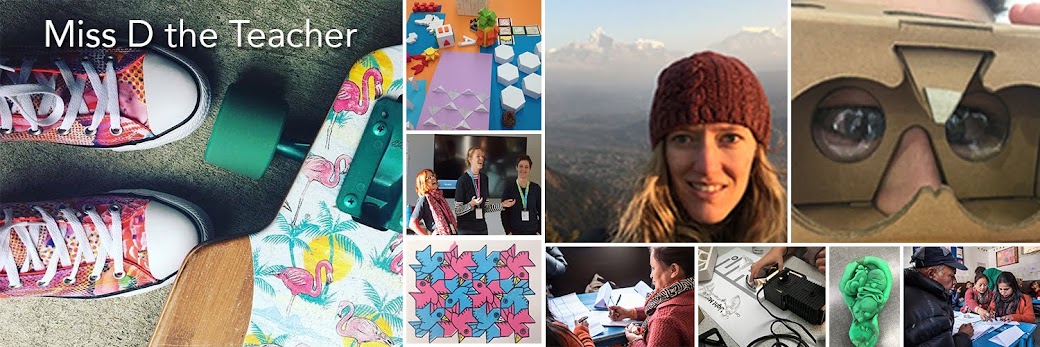 |
| image source |
How many times have situations been allowed to get worse and worse because everyone is too busy being nice to ask the hard questions? Yet, have you ever asked a colleague or parent why they have said something? Or 'what makes you say this?' Or when they give you a reason, ask them a second why? Turns out people don't like it! Or when someone in a Twitter chat is talking about how knowledge is important in teaching and then you ask them what knowledge is... Turns out people don't like that either. Or ask someone what their previous statement says about their beliefs about what it means to be a teacher... and then you are told 'that's too deep'. Why do I keep getting such negative responses to important questions?
Over the years, I have gotten myself in much hot water because I asked questions. In fact, it's one of those if I had a penny situations... But why is this? Why is it that when we get to the juicy and crunchy, and often the most important parts of the conversation, so many of our colleagues get uncomfortable?
We talk about developing our students as questioners. We talk about developing deep thinkers. Yet, my experiences illustrate that although we might say that questioning is good, we don't necessarily believe it - a disjoint between our espoused theory and theory-in-action. Why is it that I could keep a little black book of people who felt uncomfortable with my questions, when as educators we supposedly encourage questioning? This is something I have been trying to make sense of as over and over, why do I get in hot water for asking questions... Hence, I have been speculating about a range of possibilities.
What could be causing the negative responses to my questions? Here is my brain storm (remember this is fuzzy front end, all the ideas, good and bad should be included):
- My tone of voice is rude, loud or otherwise obtrusive, obnoxious etc.
- I interrupt people mid sentence with my questions (yup... I know I do this one... working on it...).
- I ask my questions at inconvenient times aka. at times or places where they are not appropriate
- The questions that I ask does not allow the 'teacher/manger as knower' and as such, makes the person feel vulnerable because it challenges their 'identity in that role'
- The questions I ask challenges long held assumptions that makes the recipient uncomfortable to confront
- It's irritating if someone says 'why' all the time
- The groups in which I have worked are uncomfortable with diversity, hence questions that bring dissonance to light makes everyone uncomfortable
- People don't want to be asked questions that they might not know the answer to
- My questions are perceived to slow down progress towards quick solutions
- My questions are perceived to question the individual rather than the idea
- There are assumptions that it is not my responsibility/role/place to question
- People really aren't as comfortable with questions as they might like to think
- My questions are not seen as helpful
- My needs as a learner (to understand the purpose of things before I do them) have not been communicated to my manager/boss/team
- My questions are about beliefs (not necessarily religious beliefs) and as such, the person feels uncomfortable having to justify them
- People think I might be a conspiracy theorist and that's why I ask so many annoying questions
- Conspiracy theorists don't like being questions because they don't have facts to back up their arguments
- I am not using all the 'thinking hats' to ask questions
Yup, I am totally flattering myself with some of these assumptions. I am also serious reflecting on how I might ensure that when I ask really crunchy or juicy questions that dig at the heart of matters, how I might ask them in a more 'warm' way. To use Maurie Abraham's phrase, how might I be both warm and demanding? ... Notice how I turned even this professional challenge into a question... "how might I..." I suppose this officially makes me a question junkie right? Perhaps I should just hurry up and get business cards printed, schools could hire me as an education devil's advocate.



